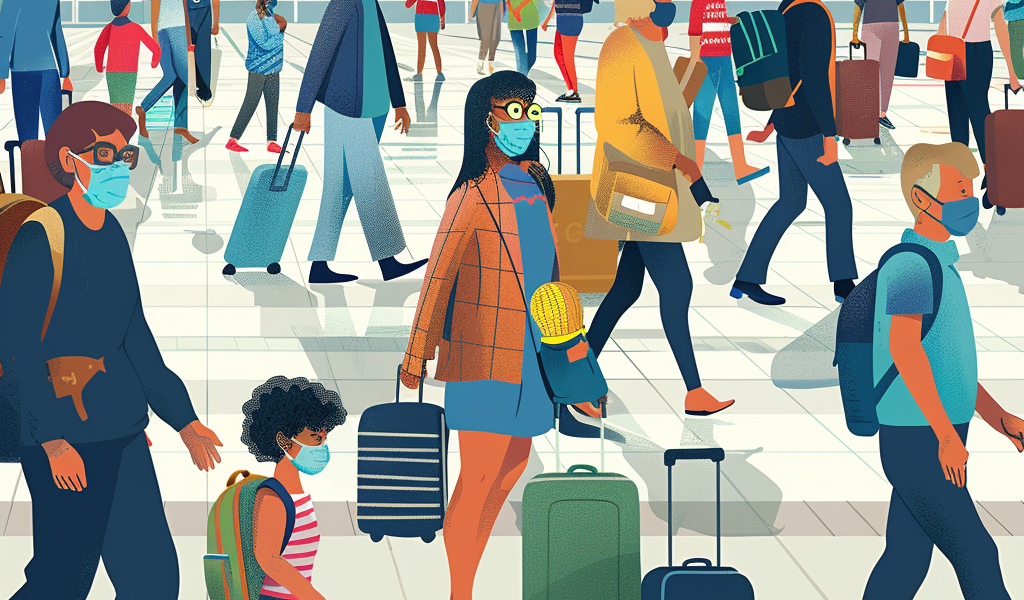The Philadelphia Health Department has issued a warning about a potential measles exposure at the Philadelphia International Airport on Friday, May 31. The exposure took place from 2:50 p.m. to 6 p.m. in the Federal Inspection Area at Terminal A West.
According to officials, a person with measles traveled through the airport during that time, but this case is not related to a recent measles incident in Philadelphia. Dr. Landrus Burress, Director of the Division of Disease Control, stated that there is no immediate threat to the general public. However, individuals who may have been exposed are advised to take precautions if they are not vaccinated against measles.
With many countries facing measles outbreaks, the risk of travel-related cases and subsequent outbreaks in the U.S. has increased. It is recommended that parents adhere to the CDC’s immunization schedule and ensure their children are fully vaccinated. Those planning international travel should consult with their healthcare provider regarding necessary vaccinations.
Measles is a highly contagious virus that spreads through respiratory droplets or airborne particles from coughing and sneezing. Early symptoms include fever, runny nose, cough, red eyes, and a characteristic rash. In severe cases, measles can lead to complications such as pneumonia, encephalitis, and death.
The most effective defense against measles is the Measles, Mumps, and Rubella (MMR) vaccine. Health experts emphasize that the MMR vaccine is both safe and highly efficient in preventing measles. Children are typically recommended to receive the first dose between 12-15 months of age, with a second dose administered between 4-6 years old. Infants under 12 months are not routinely vaccinated, but those between 6-11 months should receive a dose before international travel.





